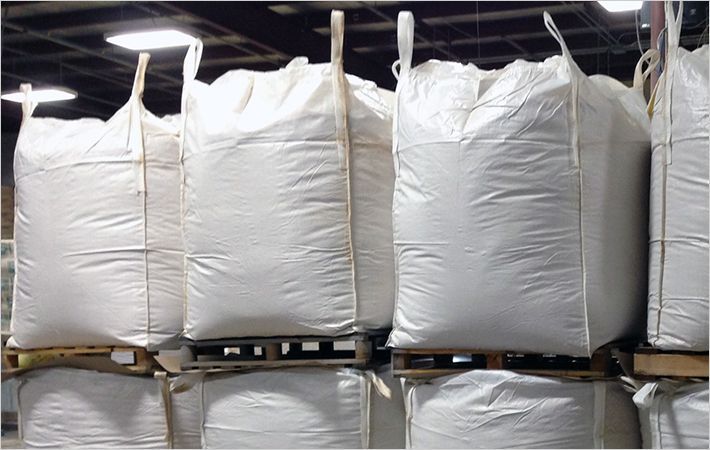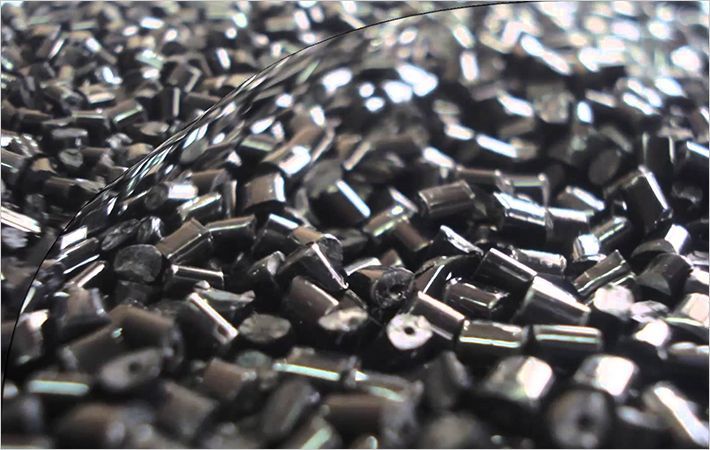The Hohenstein Institute in Bönnigheim has bagged the Techtextil Innovation award 2015, in the ‘New application’ category, for ‘ARTUS, the world’s first artificial uterus, which helps premature babies to develop by providing sensory stimulation.
‘ARTUS’ can recreate the environment and sensory stimulation of a mother’s womb in the incubator. As part of a research project, the Hohenstein scientists have developed their first prototype. Acoustic stimuli like the mother’s heartbeat and voice are transmitted to the premature baby, together with mechanical sensations like the gentle rocking experienced in the mother’s body, according to a press release.
The artificial uterus will also incorporate a mechanical textile actuator to provide the sensory and motor stimuli and sensation of equilibrium that will promote the development of the infant's brain. These earliest perceptions affect the whole of a person’s subsequent life and are enormously important for the sensory-motor development of children born prematurely.From the medical point of view, these sensory impressions from the uterus should be provided to the baby immediately after its premature birth.
Children born too early often find it hard to judge spatial distance, control their muscle tension or perform complex sequences of movements. The researchers are even going a step further in their project and incorporating the mother’s heartbeat into the artificial uterus.
Neonatologists, i.e. specialists in newborn and premature babies, are currently assessing the effectiveness of ARTUS for tiny babies by observing it in use. The aim is to improve the clinical well-being of the little patients. This can be assessed in a standardised way by using stress measurements, including what is called the Apgar score. Five components – heart rate, respiration, response to touch, muscle tone and skin colour – are measured at regular intervals. (GK)
Fibre2fashion News Desk - India

